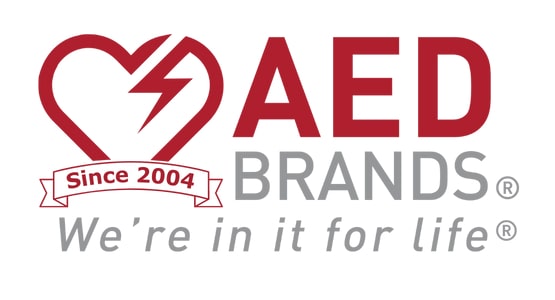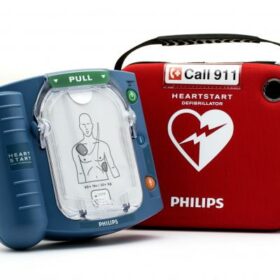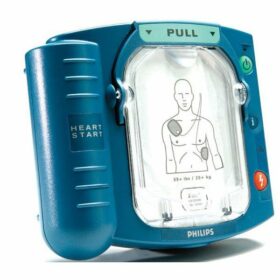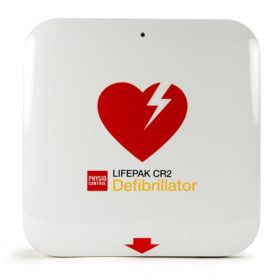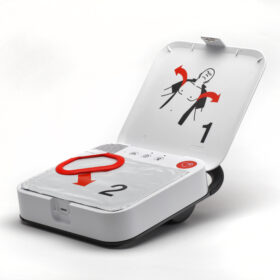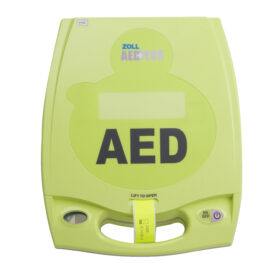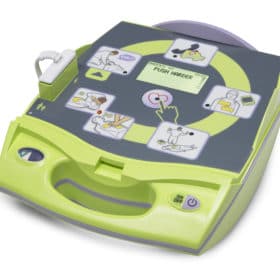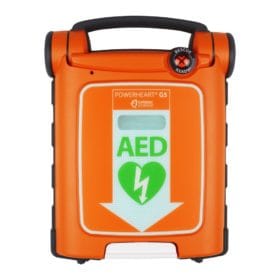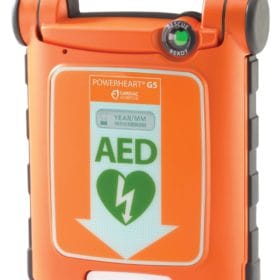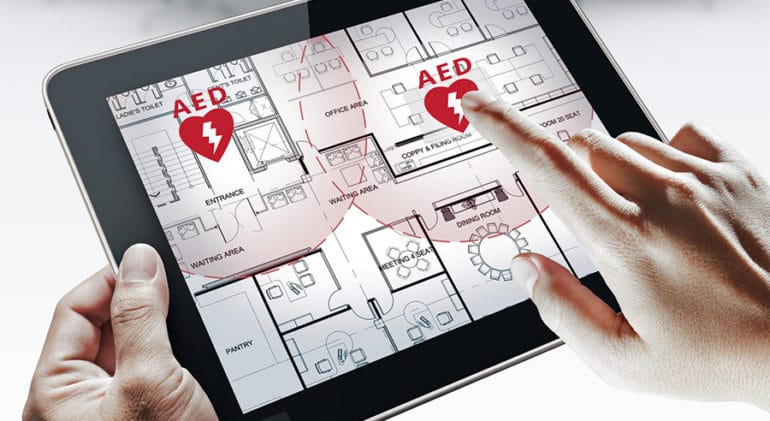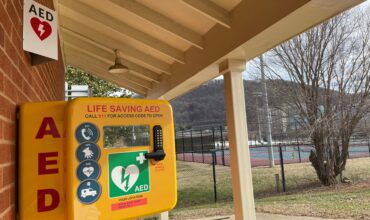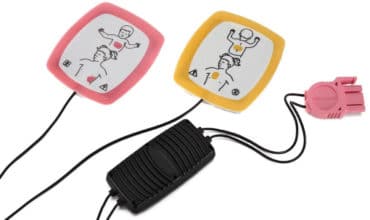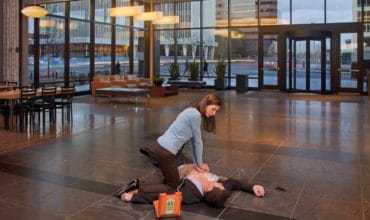
The Lifesaving Potential of Owning an AED: Why It’s Important for Individuals with Heart Conditions
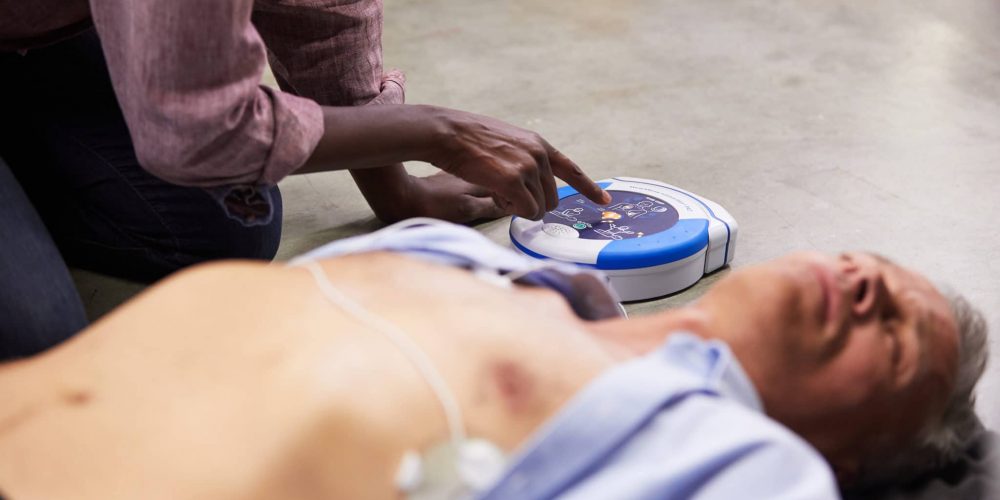
The Importance of Having an Automated External Defibrillator (AED) on Hand
If you or a loved one has a history of heart surgery or has had a heart device implanted, the chances of experiencing a cardiac emergency may be higher. That’s why it’s important to have an Automated External Defibrillator (AED) on hand in case of a medical emergency.
An AED is a portable device that can be used to deliver an electric shock to the heart in the event of a cardiac arrest. It’s designed to be used by trained responders in a medical emergency, and most models are easy to operate with clear instructions and visual prompts.
Having an AED on hand can be a life-saving tool in the event of a cardiac emergency. Cardiac arrest is a leading cause of death, but early defibrillation can greatly increase the chances of survival. In fact, studies have shown that for every minute that defibrillation is delayed, the chances of survival decrease by about 10%.
Owning an AED not only has the potential to save a life, but it can also provide peace of mind and a sense of security for individuals and their families. Knowing that you have an AED available in the event of an emergency can give you the confidence to take action and potentially make a difference in a critical situation.
There are different types of AEDs available on the market, and it’s important to select one that is appropriate for your needs and budget. Some factors to consider when choosing an AED include the type of battery or power source, the size and weight of the device, and any additional features or accessories.
To ensure that you are prepared to use an AED in the event of an emergency, it’s a good idea to receive training or access educational materials on how to use the device and recognize the signs of a cardiac emergency. This can help you feel more confident and prepared to use the AED if needed.
In conclusion, having an AED on hand is an important consideration for individuals with a history of heart surgery or a heart device implanted. It can be a life-saving tool in the event of a cardiac emergency, and owning an AED can provide peace of mind and a sense of security for individuals and their families. Be sure to choose the right AED for your needs and consider receiving training or accessing educational materials to help you understand how to use the device and recognize the signs of a cardiac emergency.
7 Conditions That May Increase the Risk of Sudden Cardiac Arrest
- Coronary artery disease
- Cardiomyopathy (weakened heart muscle)
- Heart valve abnormalities
- Heart defects present at birth
- Cardiac arrhythmias (irregular heart rhythms)
- Heart attack
- Hypertrophic cardiomyopathy (thickened heart muscle)
Cardiac arrhythmias, or irregular heart rhythms, can be a serious medical condition that can lead to sudden cardiac arrest (SCA). SCA is a medical emergency that occurs when the heart suddenly stops beating, often without warning. If not treated immediately, SCA can be life-threatening.
For individuals with cardiac arrhythmias, having an AED on hand can be especially important because they may be at higher risk of experiencing an SCA. In the event of an SCA, every minute counts, and having an AED available can greatly increase the chances of survival.
If you or a loved one has cardiac arrhythmias, it’s important to receive training on how to use an AED and recognize the signs of an SCA. This can help you feel more prepared and confident to use the device if needed.
Explore Top AEDs
View cart “Philips HeartStart Home AED Defibrillator M5068A” has been added to your cart.
Hot
Hot
Share
Share on facebook
Share on twitter
Share on linkedin
AED Brands
Implementation Guide

